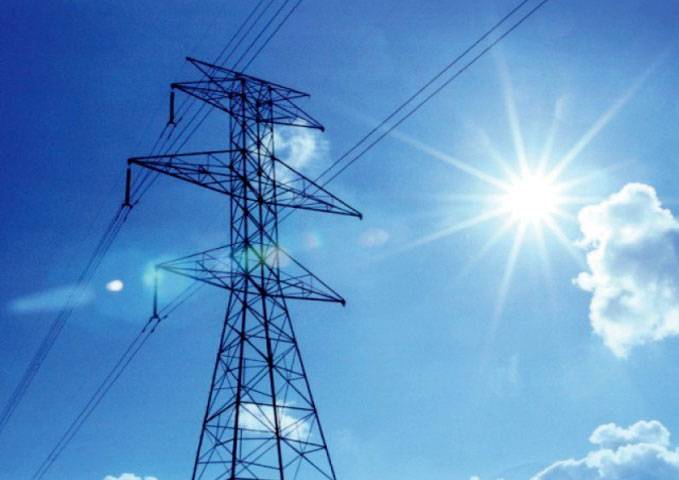LAHORE - The government is all set to move the Word Bank in a week after India ignored its call for mutual agreement on appointment of a neutral expert to decide the fate of two hydel power plants in Occupied Kashmir.
Despite serious opposition by Pakistan, India sped up construction work on both the projects, official sources told The Nation.
Indus Water Commission of Pakistan has been raising serious objection to the design of 330MW Kishanganga Hydroelectric Project (KEHP) and 850MW Ratle Hydroelectric Plant (RHEP). Fed up with the delaying tactics of India, Pakistan wrote a letter on July 24, proposing appointment of an international expert to decide the matter.
However, New Delhi did not bother to reply to Pakistan’s call while the work on both the projects is in full swing, officials of the water sector aware of the developments said.
It is mandatory for the World Bank, being the broker of the Indus Water Treaty, to appoint an expert on the request of Pakistan and give verdict on the matter.
Pakistan had lost the case of Baglihar Dam because of its failure to raise objection to the design parameters of the project before the start of the construction work on it, but India would not get a similar benefit in international arbitration in case of KHEP and RHEP as Indus Water Commission officials have evidence of repeated correspondence with their counterparts in India, raising objections to the designs of the water sites.
Kishanganga project is designed to divert water from the Kishanganga River to a power plant in the River Jhelum basin. It is located 5km north of Bandipore in Occupied Kashmir. Ratle project is located in the River Chenab basin.
Besides the two projects, Pakistan had expressed concern over the design of three other projects being built by India on River Chenab. These projects are: 1,000MW Pakal Dul, 120MW Miyar and 48MW Lower Kalnai.
In 2010, Pakistan appealed to The Hague’s court against the construction of KHEP. However, India was given a go-ahead for the construction of the dam by the court in December 20, 2013.
But this time Pakistan is moving against the design of the project which is not meeting the treaty’s requirements.
“We have objection to the depth of spillways of the Kishanganga and other dams at the Chenab River as India cannot do this under the Indus Water Treaty,” said the sources in water commission.
When asked, the Indus water commissioner confirmed that they were moving the World Bank within a short span of time. However, despite serious objections to the designs, the Pakistani side is still willing to resume the talks on three other controversial projects, he added. He stated that Pakistan’s point of view on the two sites was very clear and hoped it would win the case.
Water experts believe that apart from adverse impact to be caused by the Kishanganga dam on Pakistan’s irrigation system and energy sector schemes, it would have a devastating effect on biodiversity and ecosystem in Neelum Valley. It is being considered the proposed projects of India would drastically impact the water flows in the Chenab and the Jhelum rivers which irrigate most of the land in Pakistan.
Saturday, April 20, 2024
Pakistan set to move WB against Indian power plants
| Delhi ignores proposal to appoint neutral expert

12:54 PM | April 20, 2024
Heavy rains claim 98 lives, 89 injuries, across Pakistan: NDMA
1:21 PM | April 20, 2024
Watercourse project to help increase crop yields in Punjab
12:57 PM | April 20, 2024
Justice Ishtiaq Ibrahim sworn in as PHC chief justice
12:54 PM | April 20, 2024
Policitising Tragedy
April 20, 2024
Tehran to Rafah
April 20, 2024
A New Leaf
April 20, 2024
A Tense Neighbourhood
April 19, 2024
Dubai Underwater
April 19, 2024
Dangers of Deepfakes
April 20, 2024
Feudalism
April 20, 2024
Kite tragedy
April 19, 2024
Discipline dilemma
April 19, 2024
Urgent plea
April 19, 2024
ePaper - Nawaiwaqt
Advertisement
Nawaiwaqt Group | Copyright © 2024





